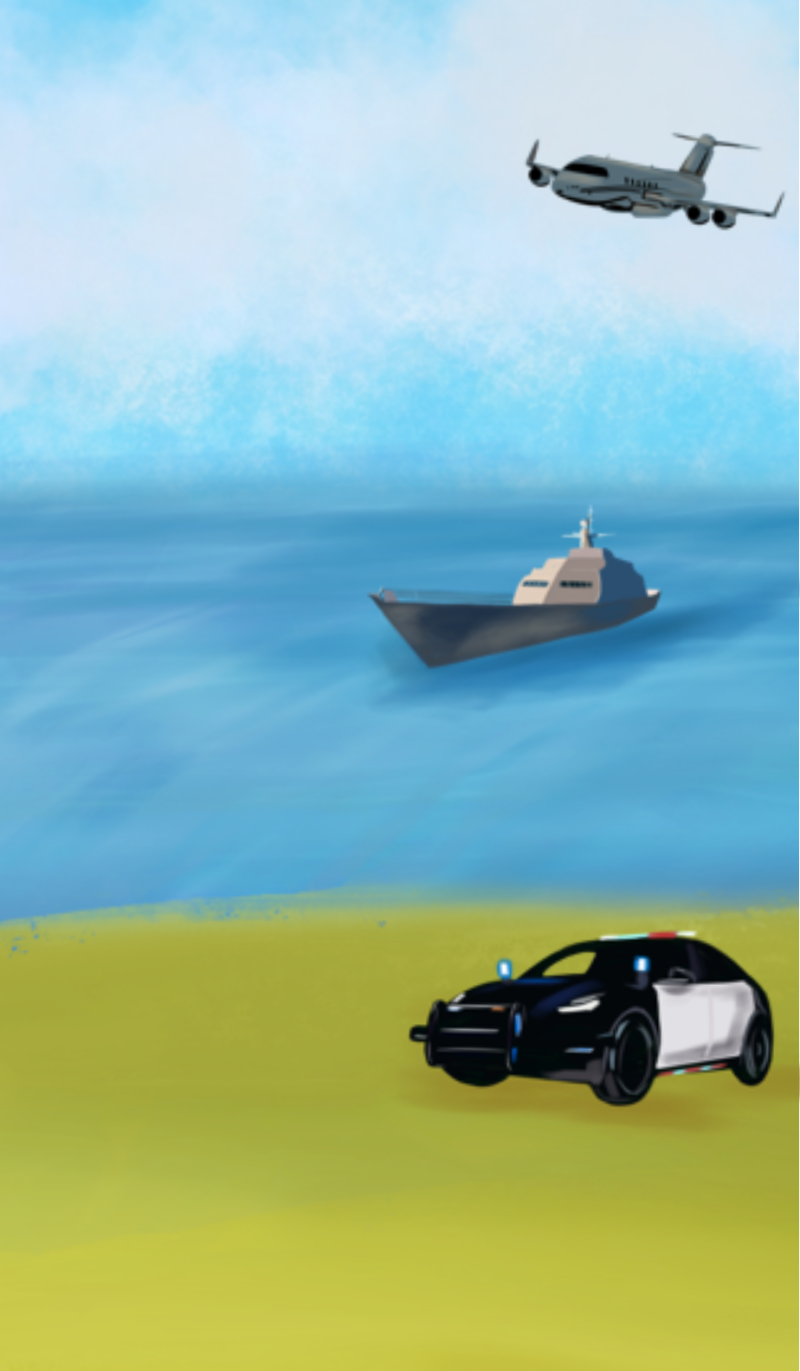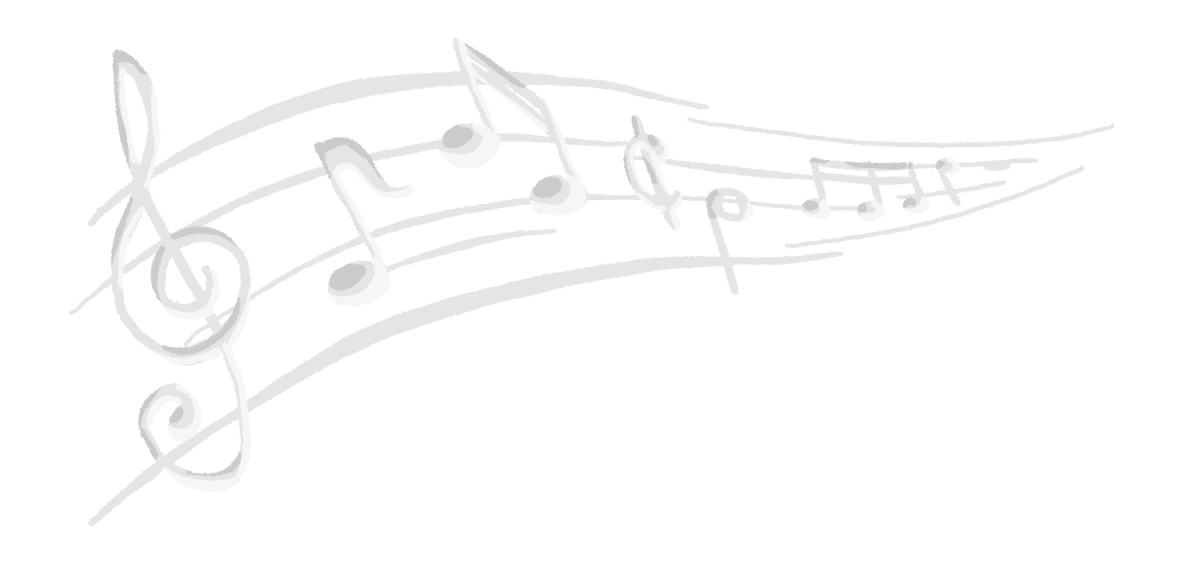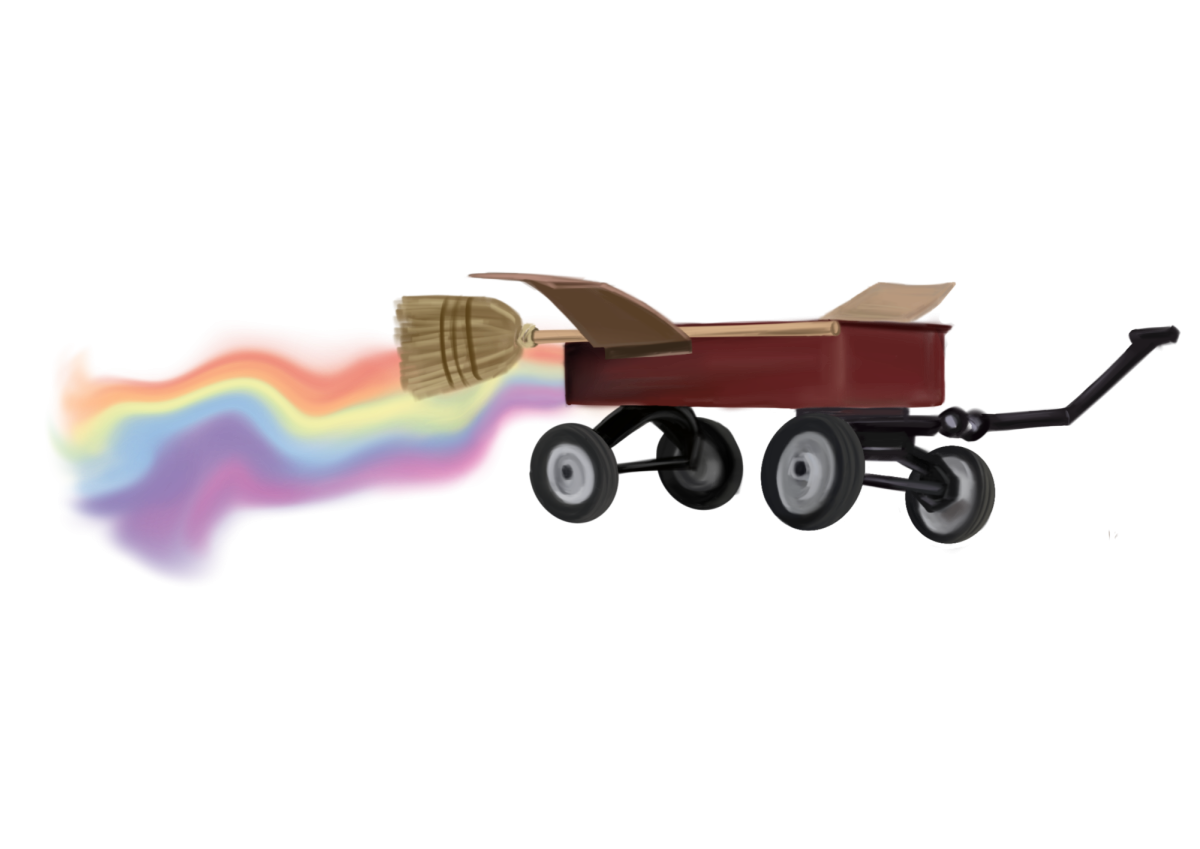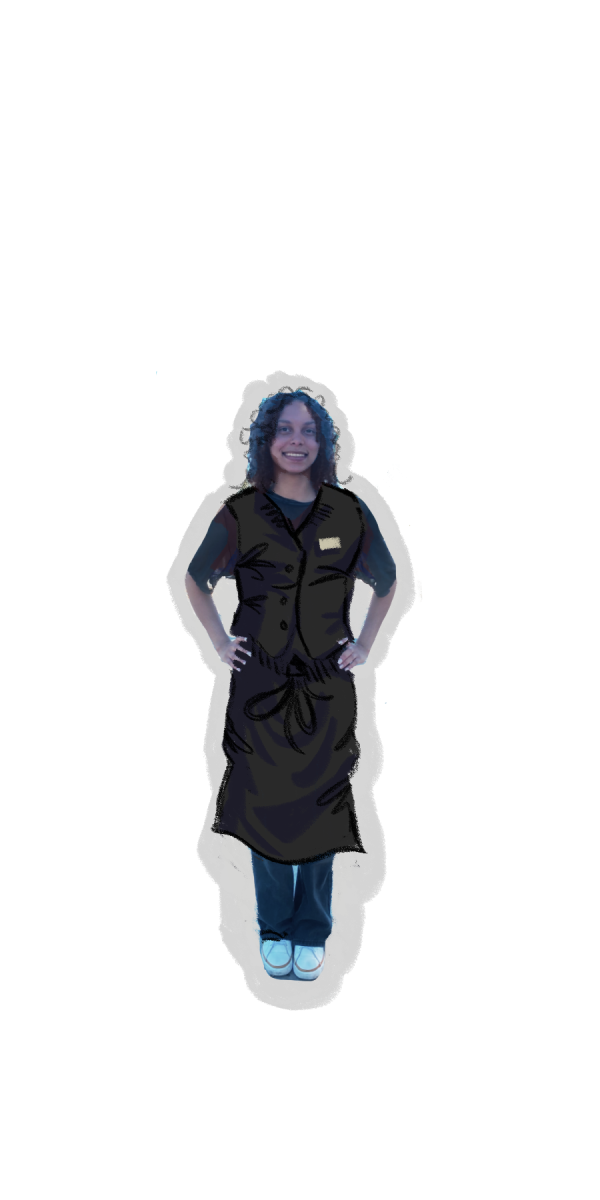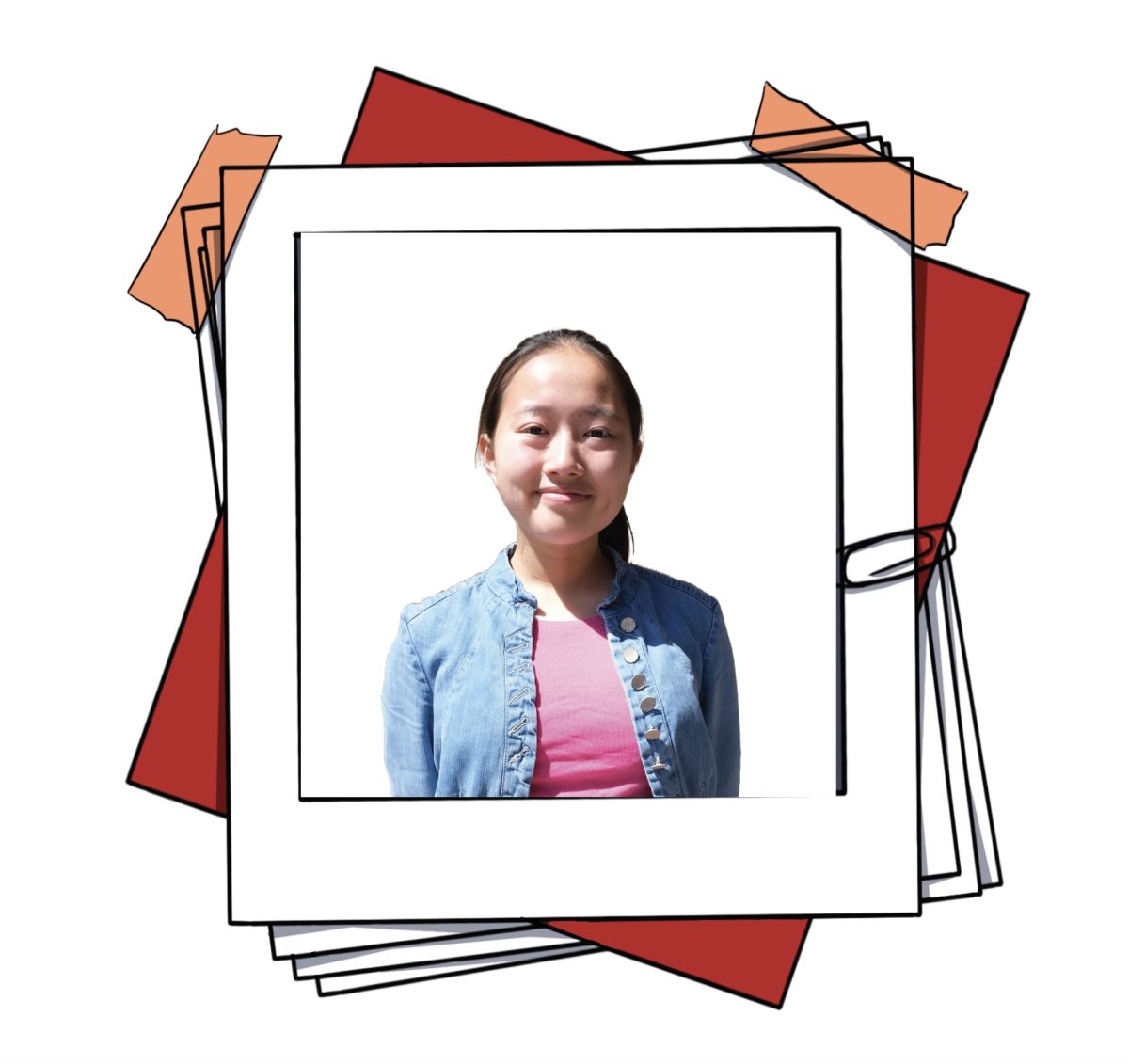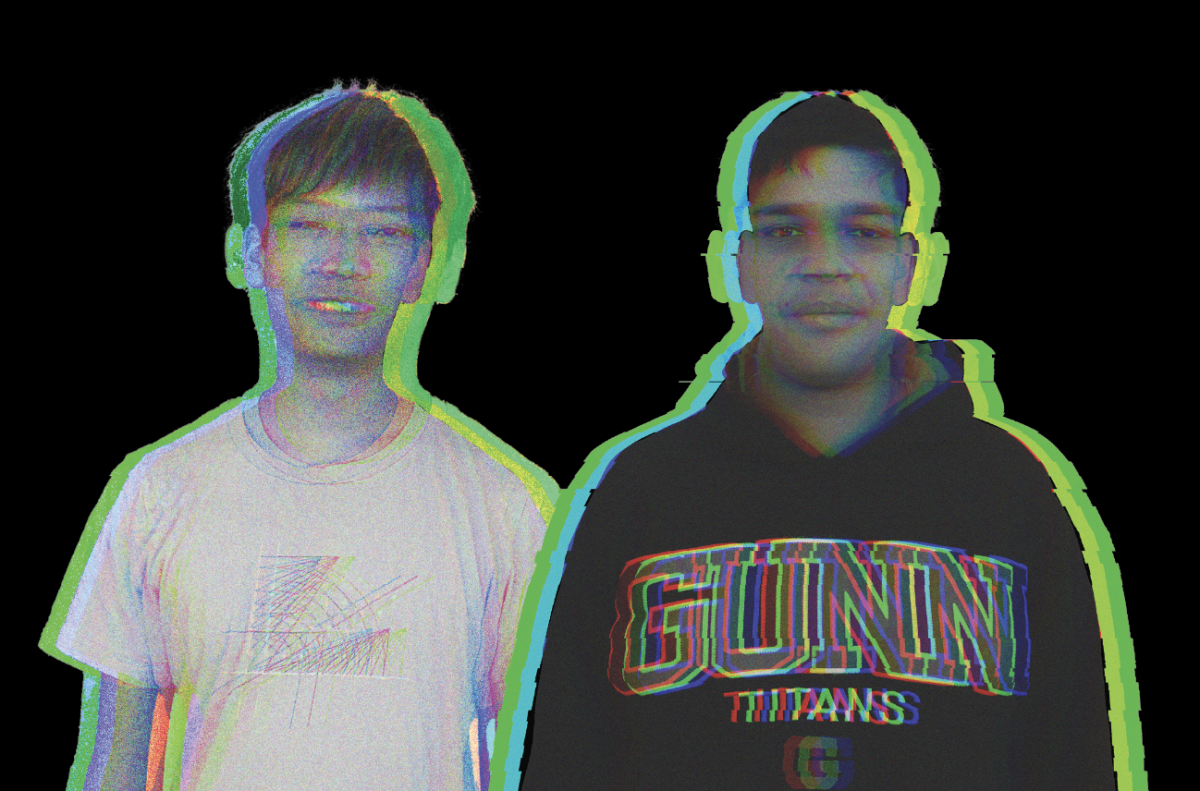Written by: Catalina Zhao
Gunn alumnus George Packer ‘73 writes for the magazine “The New Yorker.” Outside of his journalism career, he has published eight books and is writing a new one.
Packer started writing for The New Yorker in 2003. He first covered the Iraq War, which his book “The Assassin” is on, and then moved into American politics, writing about topics such as the 2008 election and the economic recession in 2008.
In order to finish his current book, “The Unwinding: An Inner History of the New America,” which will be published next May, Packer is on leave from “The New Yorker.” His book focuses on the different political and cultural changes in America since the 1970s. “It follows the lives of half a dozen people who came of age in the 70s and 80s in different places in the US,” he said. “It looks at a woman in the industrial Midwest, a guy who made his career in Washington, a tobacco farmer in South Carolina among other characters.”
Packer’s next piece for “The New Yorker” is a 15,000-word article on one of The Unwindings’s characters. “[My article] is the portrait of a guy who has spent his career in Washington,” he said. It’s a picture of what happened to Washington during his years there.”
Although Packer wrote a few opinion editorials for The Oracle and edited a literary magazine during his time at Gunn, he did not think about becoming a journalist in high school, college or even after college. “It took about 20 years to accept that [journalistic writing] was what I did well,” Packer said. “I wrote non-fiction, fiction and essays, but I didn’t think of myself as a journalist until I moved to New York at age 40 and started getting assignments from publications. I discovered that it’s better to be read than not read, that it’s better to be paid than not paid.” Nevertheless, Packer still thinks of himself as a writer rather than a journalist.
However, Packer draws upon his time high school and college for his current work. “I learned to write at Gunn,” he said. “[English teacher Tim] Farrell and a couple of others were incredibly good English teachers.” After graduating, Packer studied at Yale, where he learned to think about history and literature together. “I think intellectually I really was shaped by Yale a lot,” he said. “The combination of English and history to me is heaven. In a way, the books I’ve written have tried to manage a mixing of history and literature. I think that came out of Yale.”
Out of all the magazines in the country, Packer sees The New Yorker as the best one. “How many magazines still publish long-form stories in a narrative?” Packer said. “[The New Yorker] is the most literary journalistic magazine.” Packer enjoys his job and plans to continue writing for this publication. “I love getting to work with great editors and write for a real magazine, and to do it in a way I want,” he said. “If they keep having a New Yorker, I hope I can keep writing for it,” he said.
To people who want to work in the journalism industry, Packer advises patience and putting in the effort. “You have to be willing to defer gratification,” he said. “I joined ‘The New Yorker’ staff when I was 43. I spent many years writing for publications that very few people read without a sense that this was going to land me in the promise land at all. If you have the talent and you’re willing to put up with many years of not being patted on the head and given an A, then you can do it.”




